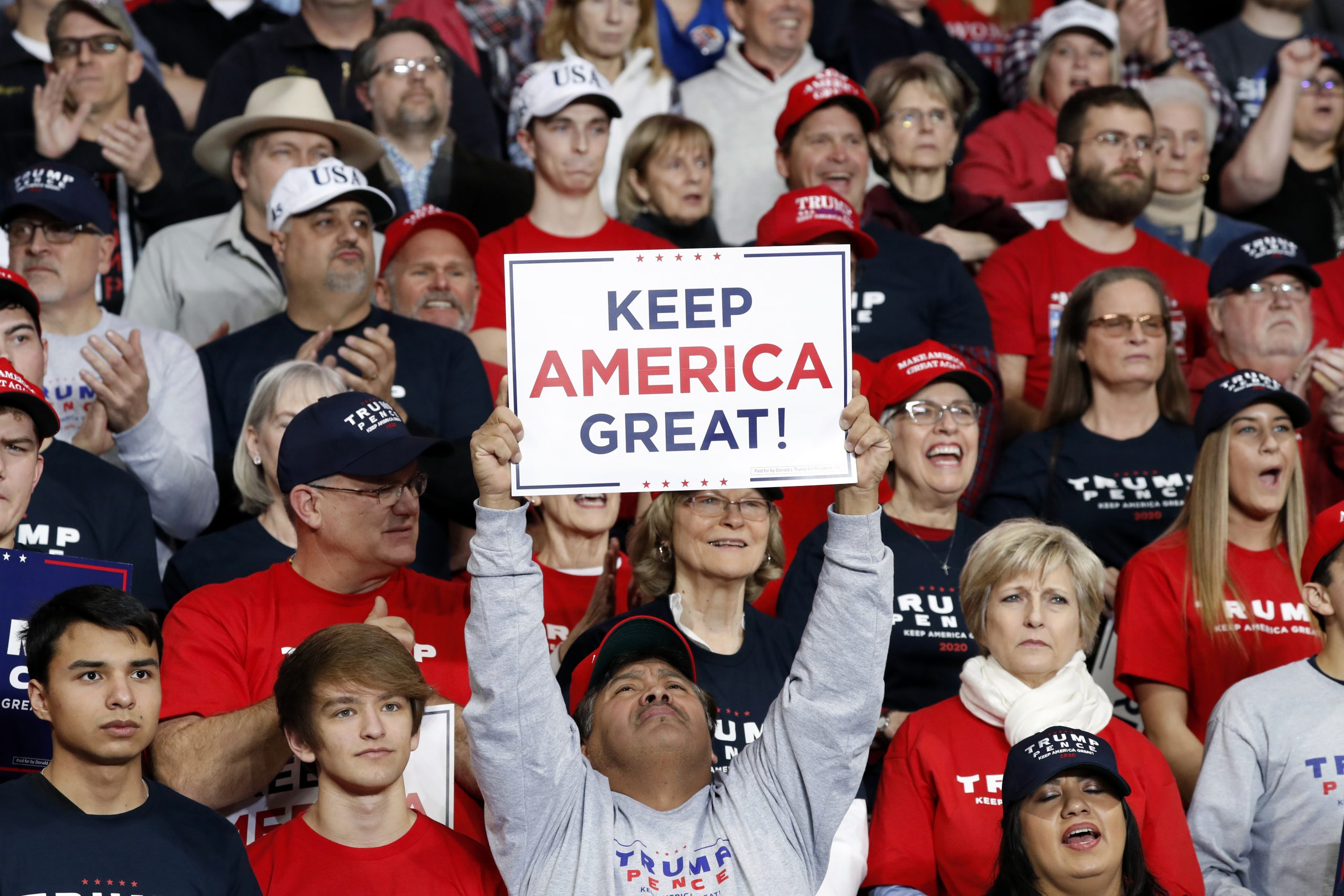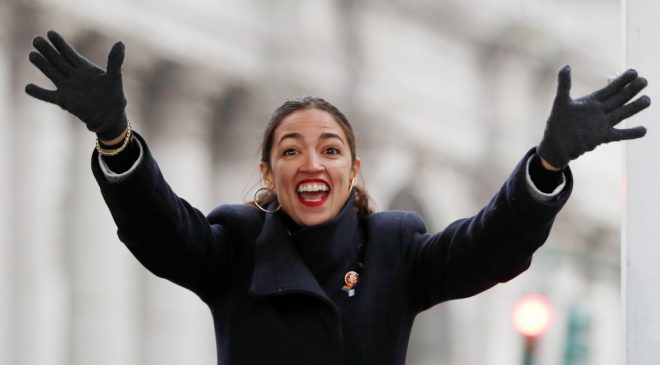Political divisions in the USA now appear to have taken an unusually rigid form. There are two large blocs, the pro-Trumpers and the anti-Trumpers, who share little except each one’s hatred of the other. Trump’s policies, whatever they have been or failed to be, have relatively little to do with these divisions, which spring from a deeper source in the culture wars.
Trump’s supporters, aside from a small subset of exceptions, love him entirely for his enemies and for the way in which he delights in publcly reviling the progressives and treating them with contempt. Trump’s opponents hate him for his proud boorishness and his refusal to recognize every claim they make to be the naturally proper rulers of the country and the overlords of the Deplorables whom they despise primarily on cultural grounds.
So, regardless of what Trump does or fails to do, he neither gains nor loses many supporters or opponents, both sides being fully formed and locked in.
Of course, there remains a sizable element of the electorate consisting of people who are neither die-hard supporters nor die-hard opponents. It appears that the Trump camp is counting on capturing many votes from this group by playing the law-and-order card while the Democrats have their backs to the wall by their explicit sympathy for the positions the protesters and rioters express, whatever their true motives may be.
More and more, the U.S. situation calls to my mind Weimar Germany, which does nothing to reassure me that this mess will work itself out without a great deal of further destruction.




